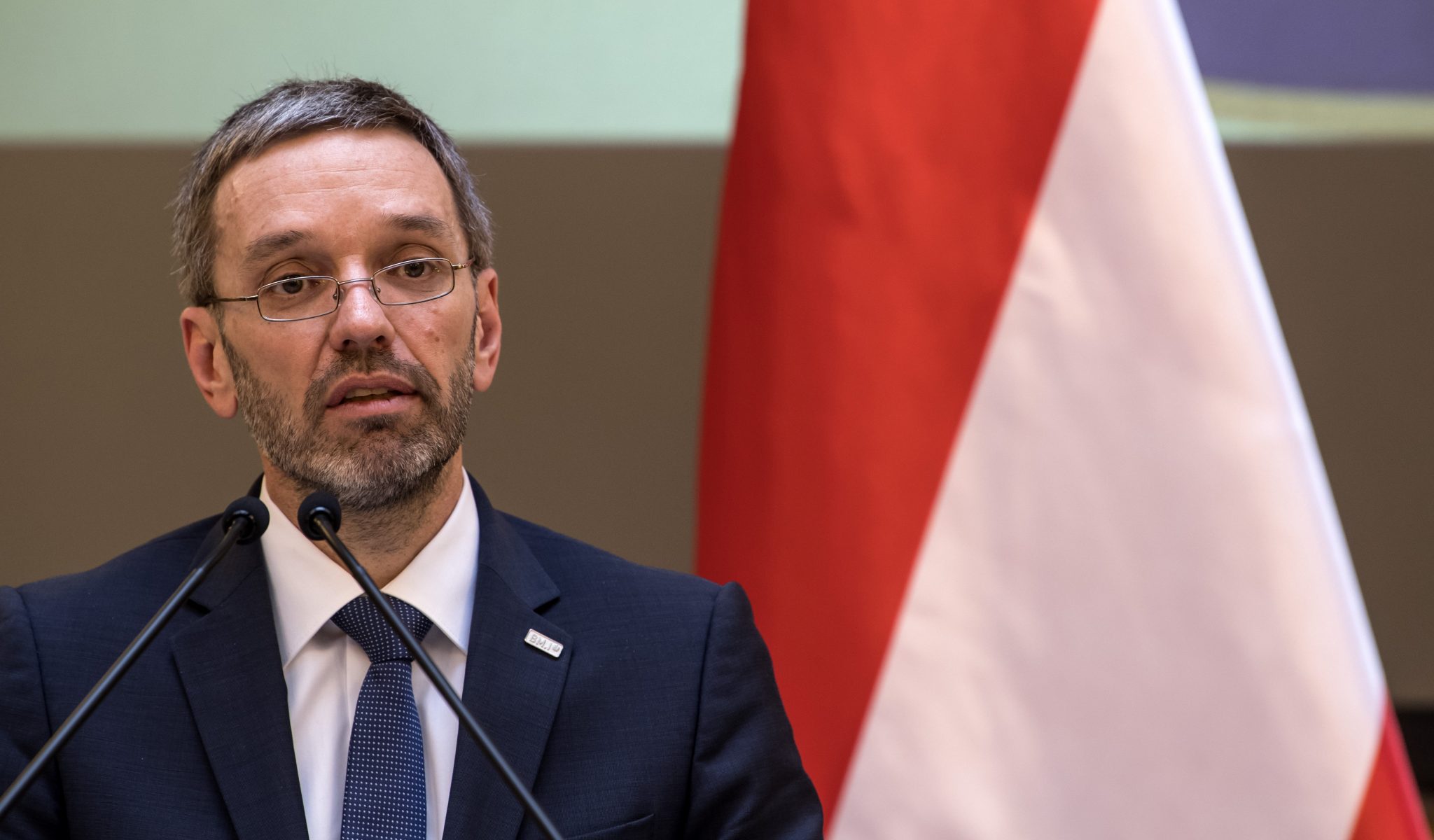The anti-immigration Austrian Freedom Party’s triumphant march continues. On Sunday, the right-wing party achieved the best result in the party’s history in the regional elections in Salzburg, which cements a string of victories for a party that has championed strict immigration, European identity, and an end to sanctions on Russia.
The party’s vote share soared 7.1-percentage points to 25.9 percent, making it the second-strongest party. Incumbent state Governor Wilfried Haslauer’s Austrian People’s Party (ÖVP) was able to defend first place, but the party lost 7.4 points, falling to 30.4 percent.
The ÖVP’s previous coalition partners, the Greens and the left-liberal NEOS, saw big losses. The NEOS was even completely ejected from the state parliament after only securing 4.1 percent, which means they missed the 5 percent threshold. The Greens fell to 8 percent, a drop of 1.3 points. The two parties’ poor results mean that the previous coalition now has no chance of forming.
The already weak opposition Social Democratic Party (SPÖ) continues to lose votes. In fact, the results in Salzburg were the party’s worst since 1945. With 17.9 percent (-2.2 points), it clearly lost its second-place position to the FPÖ. However, there is still a chance for the SPÖ to secure a one-seat majority with the ÖVP. It could also add the Greens to that coalition. The other option is governing with the Freedom Party.
What is behind FPÖ’s surge?
The FPÖ is known for its strong stance against mass immigration and Russia sanctions, while it also shies away from free market solutions proposed by other right-wing parties in Europe. For example, the party has plans to fight real estate speculation, stem foreign money flooding Austria’s housing market, and support laws that reel in the power of landlords.
The immigration crisis continues to play a huge role in the electorate’s voting sentiment, with a record number of asylum seekers coming into Austria in 2022. The ÖVP has been powerless to stop a surge in Middle Eastern migration, while its coalition partner, the Greens, actively promotes more immigration into the country.
At the same time, a cost-of-living crisis has slammed Austria, partly due to sanctions on Russia, which the FPÖ has fought to abolish. The party is even calling for a national referendum on Russian sanctions and accuses rival parties of breaking Austria’s neutrality policy by lending support to Ukraine.
These policies have helped the FPÖ rack up a string of victories in state elections, such as Tyrol, Carinthia, and Lower Austria. Experts predict that the party now has a strong chance of leading the country after 2024’s national elections, given that the FPÖ is routinely polling as the most popular party in the entire country.
Political observers have also noted that the FPÖ presents a united front, and unlike other right-wing parties such as the Alternative for Germany (AfD), it is not divided into a variety of different political wings.
Young voters flock to FPÖ
The FPÖ’s success has been fueled by young voters. If voters in the 18-29 age group, as well as 30-59, were the only groups voting, the Freedom Party would have likely secured a first-place victory. It was only the 60+ age group holding it back, where the ÖVP remains in first place.
The other big story to come out of Salzburg, and which in some ways has even eclipsed the FPÖ victory, was the huge surge in votes for the Communist Party of Austria (KPÖ), which not only reveals the extreme discontent among Austrians, but also their willingness to vote for parties shunned by the mainstream media and deemed “radical” by the international press. The communists went from basically no votes to 11.7 percent, which amounts to an increase of 11.3 points. The communists already have a mayor in the second-largest city in Austria, Graz, and she boasts high approval ratings from citizens.





